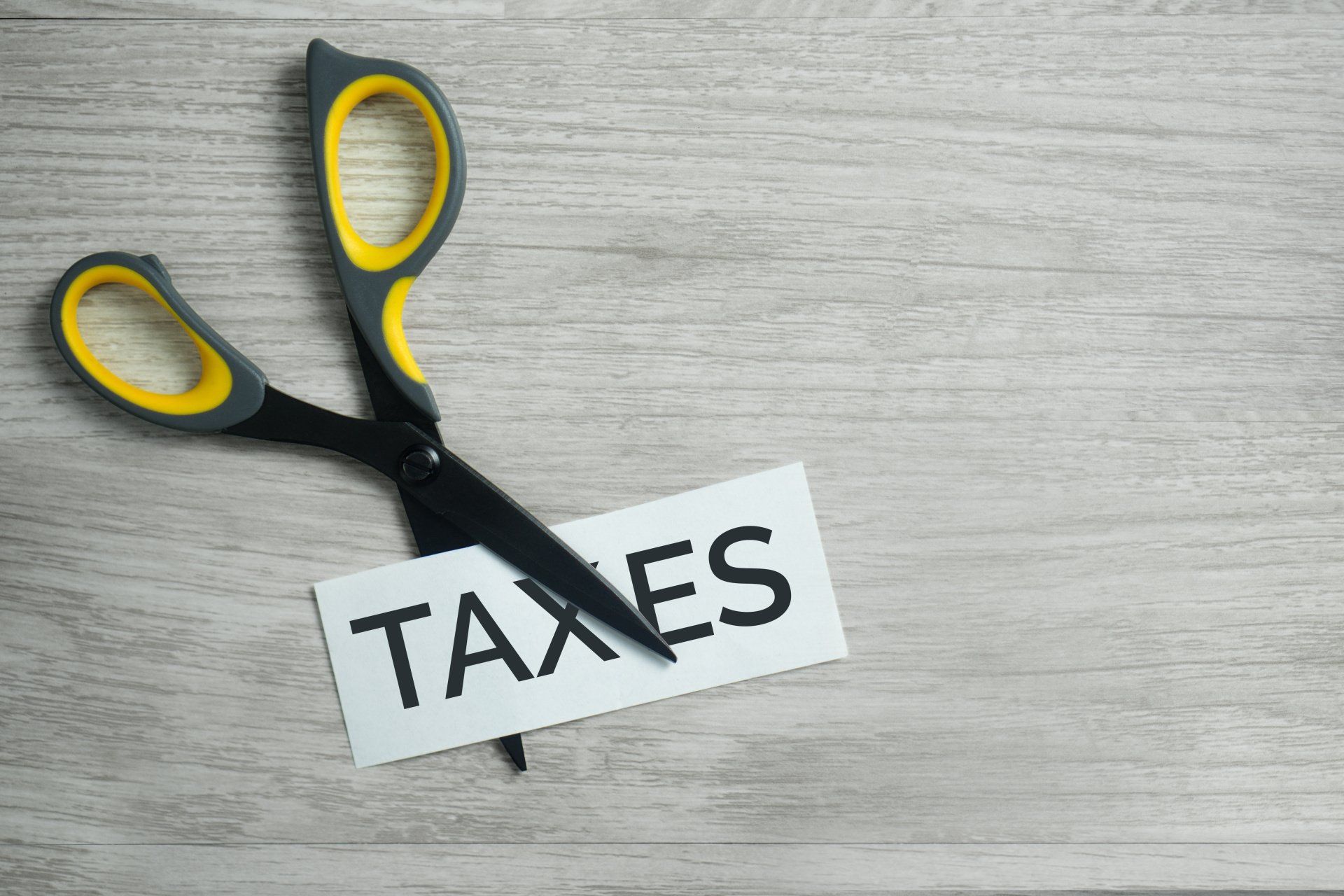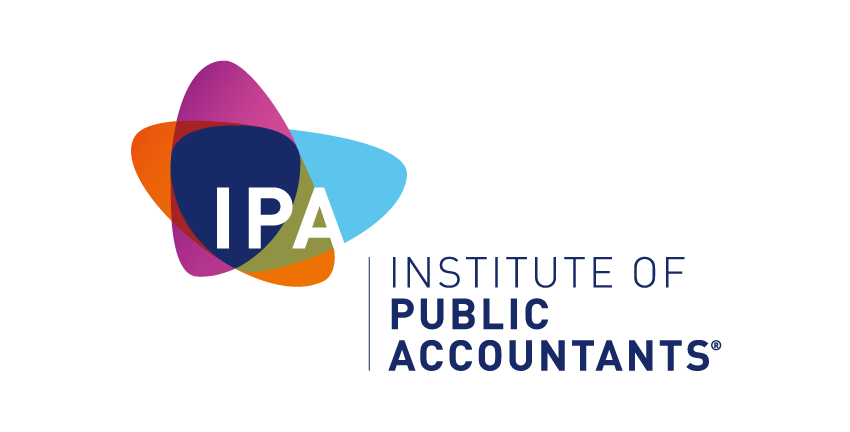Why was the superannuation guarantee set up?
The establishment of compulsory superannuation was a direct result of the financial challenges being faced by an expanding ageing population. The scheme was introduced on the 1st of July 1992 so all workers can save for retirement relieving the pressure on Australia’s age pension.
Exemptions include employees under the age of 18, those working less than 30 hours a week and those with pay totalling less than $450 per month.
How much are the contributions to Superannuation?
Since the introduction of the Superannuation guarantee governments on both sides have introduced significant changes to the system. Employees can now choose the fund they’d like to manage their superannuation savings and even set up a self-managed fund.
The Employer Super Guarantee is currently at 9.5 per cent. This rate is expected it increase to 10 per cent as at 1st July 2021.
When do the contributions need to be paid?
Contributions to superannuation funds are made every three months, by employers on behalf of their employees. Contributions must be made by the 28th day following the end of each quarter (that is, by 28 October, 28 January, 28 April and 28 July).
How are contributions made to Superannuation?
Under SuperStream, employers are required to make super contributions electronically in a standard format.
This can be done, by using your current accounting/payroll system (if you are subscribed for payroll features), such as MYOB, Xero, QuickBooks and other packages.
Other ways to make super contributions electronically, is by registering with the Australian Taxation Offices, Small Business Superannuation Clearing House, or registering with an existing super fund applicable to your industry, such as REST for retail owners, and have them act on behalf of your business, as your clearing house.
What is the Superannuation guarantee charge?
The Superannuation Guarantee Charge (SGC) scheme requires employers to pay a set, minimum amount of superannuation each quarter for each employee.
It is a legal requirement for your employer to make SGC payments into your superannuation account by the due dates.
If an employer doesn’t pay the minimum amount, the employer is liable to pay the SGC (simular to a tax). Contributions must be paid to a complying super fund or retirement savings account (RSA) or ATO.
Information provided on this site is for general guidance only. For personalised accounting advice and assistance book a time here.








